Medical experts speak out about the trend of "using onions to suck out flu viruses" that is hot on social media
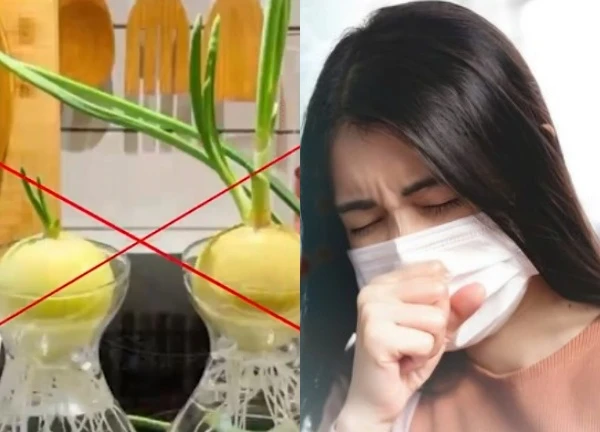
1 | 0 Discuss | Share
Communication is the core issue in human life, right from the primitive society. Along with the development of modern society, the issue of communication becomes more and more important.
Recently, a 26-year-old woman received a lot of attention when she shared a story about her visit to the doctor. She confided that she was very surprised when the doctor corrected her form of address during the examination.
The girl shared: "When I went to the hospital to see a young doctor, I addressed him as "older sister" or "younger brother" (because I was younger). The doctor lectured me on what to call the doctor and what is the correct form of address. Is he a doctor or a teacher?"
She also said that she had back pain so she went to the hospital for a check-up. When the doctor corrected her by addressing her like that, the girl was both shocked and surprised. After that, the girl complained, asked to be transferred to another doctor and met a very cheerful and friendly head of the department. The girl also reported this visit to the hospital's customer service department.
The girl added: "I just went into the room according to the patient distribution at the registration counter, but if I had known she had high requirements, I would have asked to see someone else from the beginning.
I'm not stubborn, I posted this when I had just come back from the doctor's office and I was in pain. I was sitting in the doctor's office when she corrected me, and I was too respectful when I heard everything she wanted to say to me. Maybe she could have gently reminded me to change the way I addressed her, instead of talking to her like she was interrogating me while I was sitting in the doctor's office.
The girl also confided that she did not compare all the other cute and friendly doctors. It was just that while she was having to adjust her back, endure the pain, and was also corrected in the way she addressed them, she felt quite uncomfortable.
Netizens are arguing fiercely: Why do we have to call each other "uncle" or is that a rule that we don't know?
The girl's post received many comments from the online community. Most agreed with the girl, saying that the doctor was tactless when asking the patient to change the way he addressed her. Because the girl did not know the doctor's age, calling her "sister - brother" was polite and did not mean any disrespect.
In fact, when interacting with people working in certain professions, we often have the habit of addressing them in a special way, such as calling teachers "teacher" or "doctor" or "nurse"... with people working in the medical field. However, this form of address is not mandatory. Just address them politely and respectfully.
Here are some notable comments on how to address each other in the above situation:
- "When I meet a younger doctor, I still call myself "chi" and they call themselves "em". When I see an older doctor, I see them often calling themselves "anh/chi". Only older doctors usually call themselves "toi" or "bac". Why do many people, both patients and doctors, consider the word "bac" so important? Speaking politely and gently shows respect for each other, what else could you want?"
- "I'm 21 years old, have been in the hospital and taken care of sick people for many years, and still call doctors, nurses, caregivers, etc. "anh/chi/co/bac/..." normally. And obviously no one taught me how to address them. These nouns are just nouns to refer to. Next time you encounter something like this, just look at the name tag and complain directly to the hospital. Unless that doctor is the only one in the hospital who operates, if you can examine someone, then there are many doctors to examine you."
- "I've also encountered a situation like this. I called myself "con" and the doctor "chu". Then the doctor asked me: Are we related? I think my side doesn't know the rules of etiquette, and the other side doesn't have to use that tone of voice to communicate with each other. I don't know, but I didn't mean to make them uncomfortable. Is calling myself "con" - "chu" impolite or something, so why are you being picky with me?"
- "I think it's not very tactful for a doctor to correct a patient like that. But it's true that each profession has its own way of addressing them to show respect. For example, in my profession, we were taught in school to only address them as anh/chi even if they look old. It's probably the same in the medical profession. My parents also often told me to call them doctor and I should address them as em/toi/chau (if I'm too young) or when meeting a teacher, I should greet them as co/monk. Sometimes it's also a rule of the profession."
- "I'm really curious. Every profession is a profession, if you call it wrong, just ignore it. When I was teaching, the students were older than me, so I didn't force them to call me teacher. For me, it's fine to call people whatever they want as long as they respect me (But if you know each other's ages, then adjust it accordingly). As for me, I always call people in the medical field doctor, and people in the education field teacher, whether they teach me or not. But it's true that the doctor was not being tactful."
And you, what do you think about this way of addressing?
The maid was forced to pay 10K less, so she immediately sent a 3-page message to teach the homeowner a lesson. 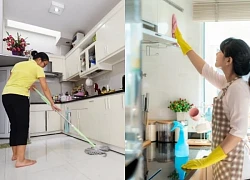 Đình Như17:12:53 21/02/2025Recently, a girl shared about her difficult situation when hiring a maid. According to the message she posted, she hired a maid with a salary of 170,000/session for 3 hours of cleaning.
Đình Như17:12:53 21/02/2025Recently, a girl shared about her difficult situation when hiring a maid. According to the message she posted, she hired a maid with a salary of 170,000/session for 3 hours of cleaning.

1 | 0 Discuss | Share

5 | 0 Discuss | Share
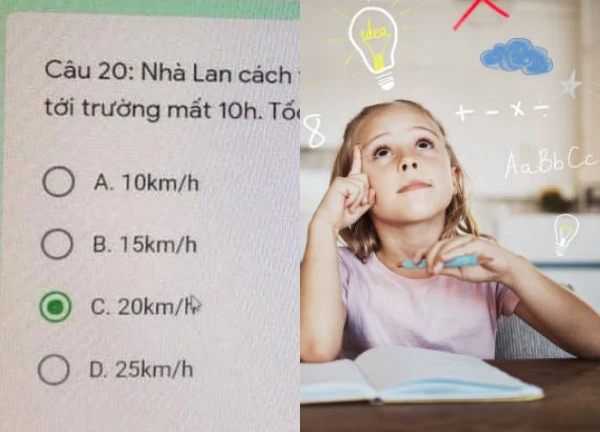
4 | 0 Discuss | Share
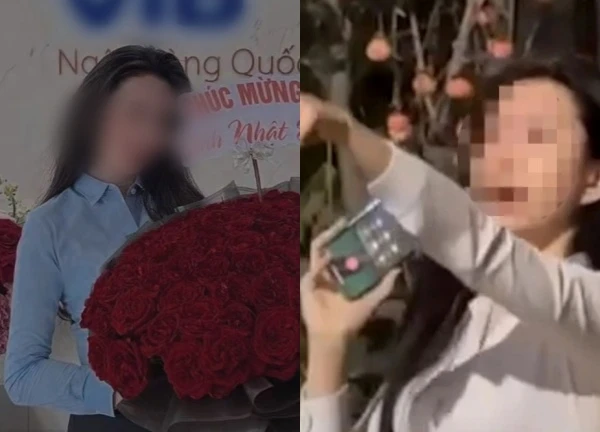
2 | 0 Discuss | Share
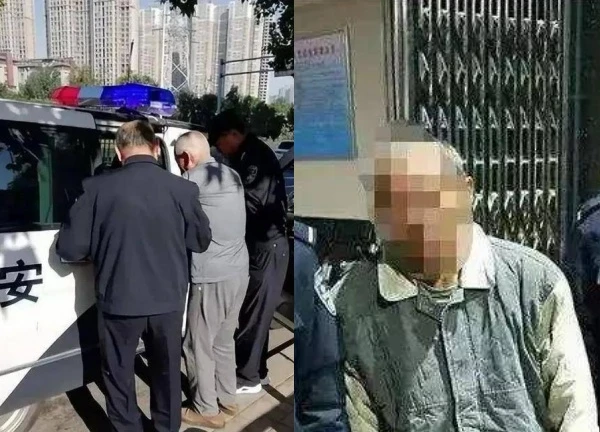
2 | 0 Discuss | Share
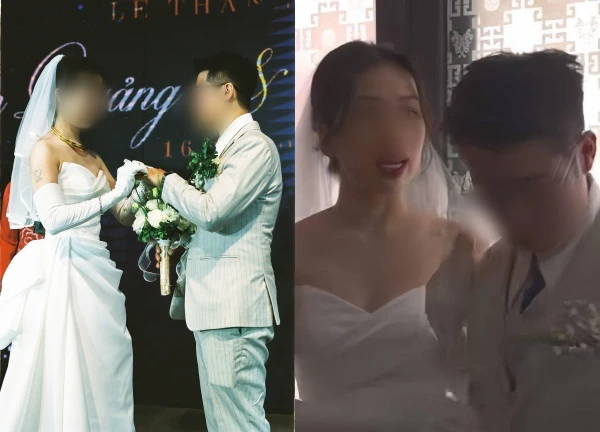
1 | 0 Discuss | Share
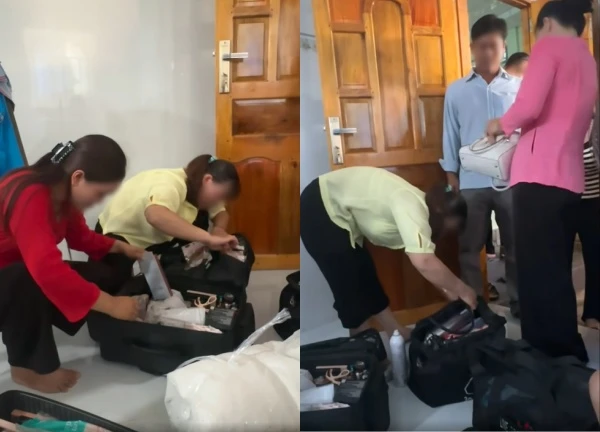
2 | 0 Discuss | Share
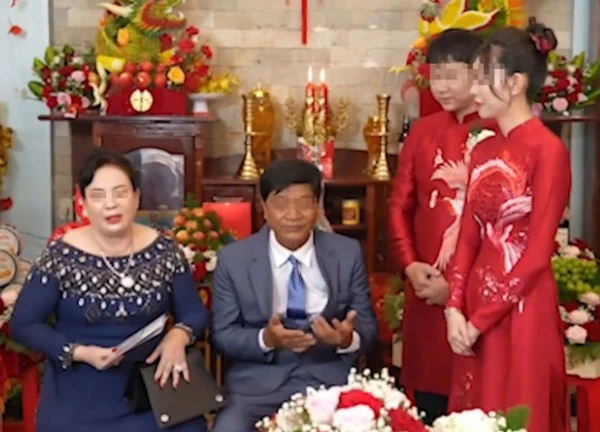
2 | 1 Discuss | Share
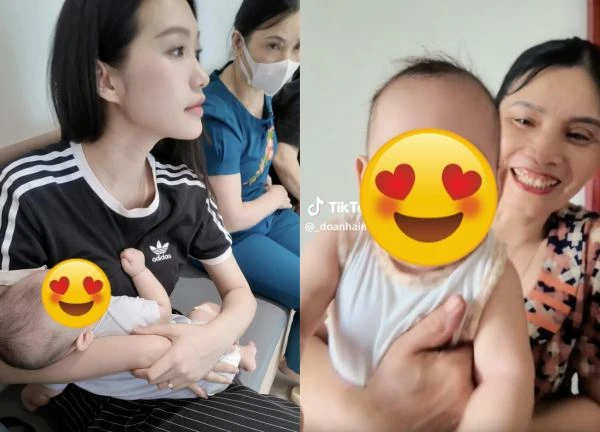
3 | 1 Discuss | Share

1 | 1 Discuss | Share
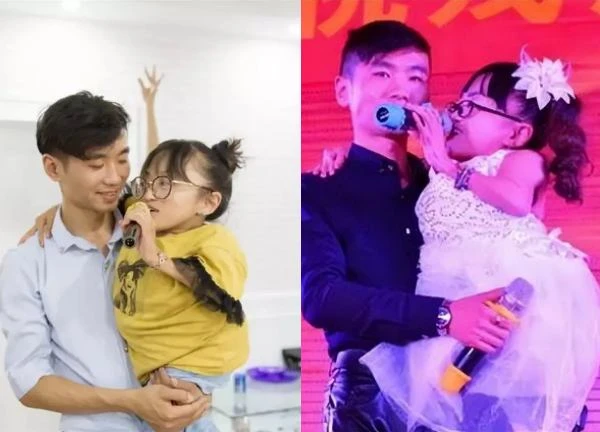
1 | 1 Discuss | Share
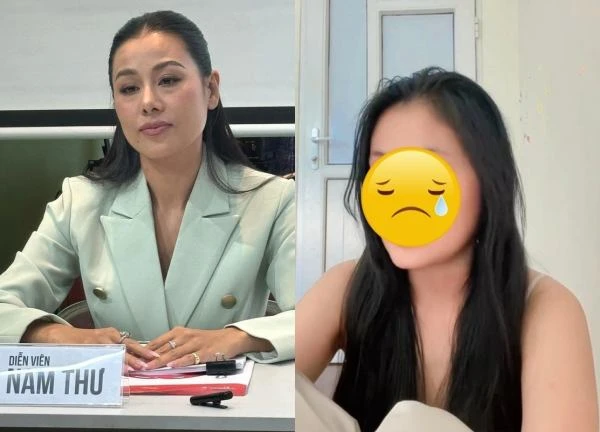
2 | 1 Discuss | Share


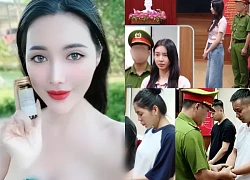

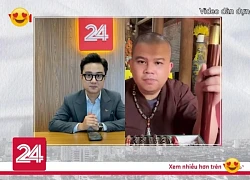
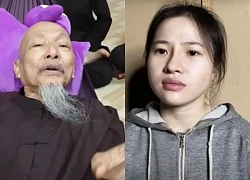
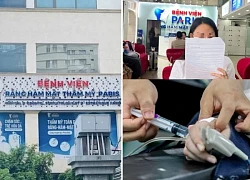
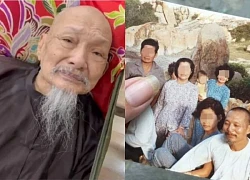
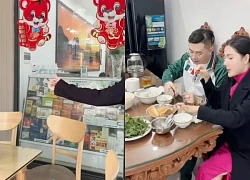
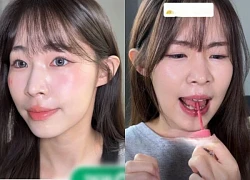
1 | 0 Discuss | Report